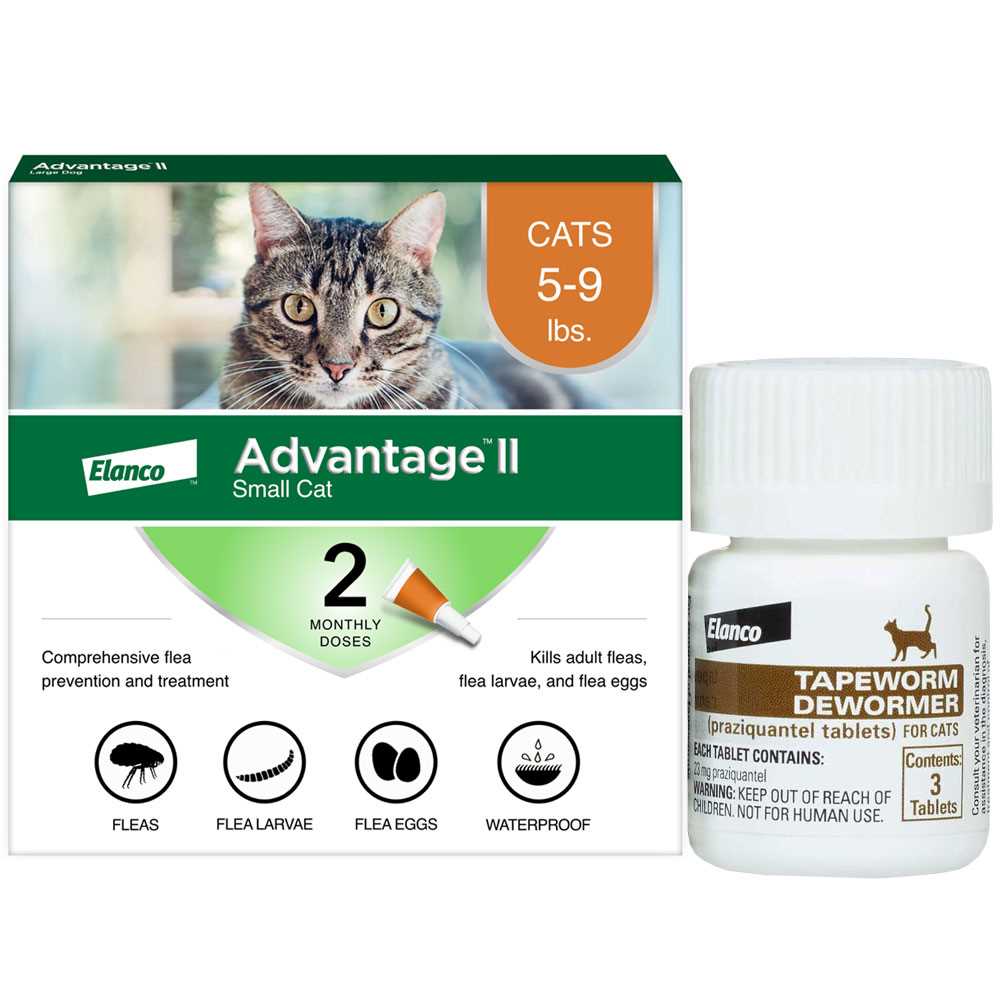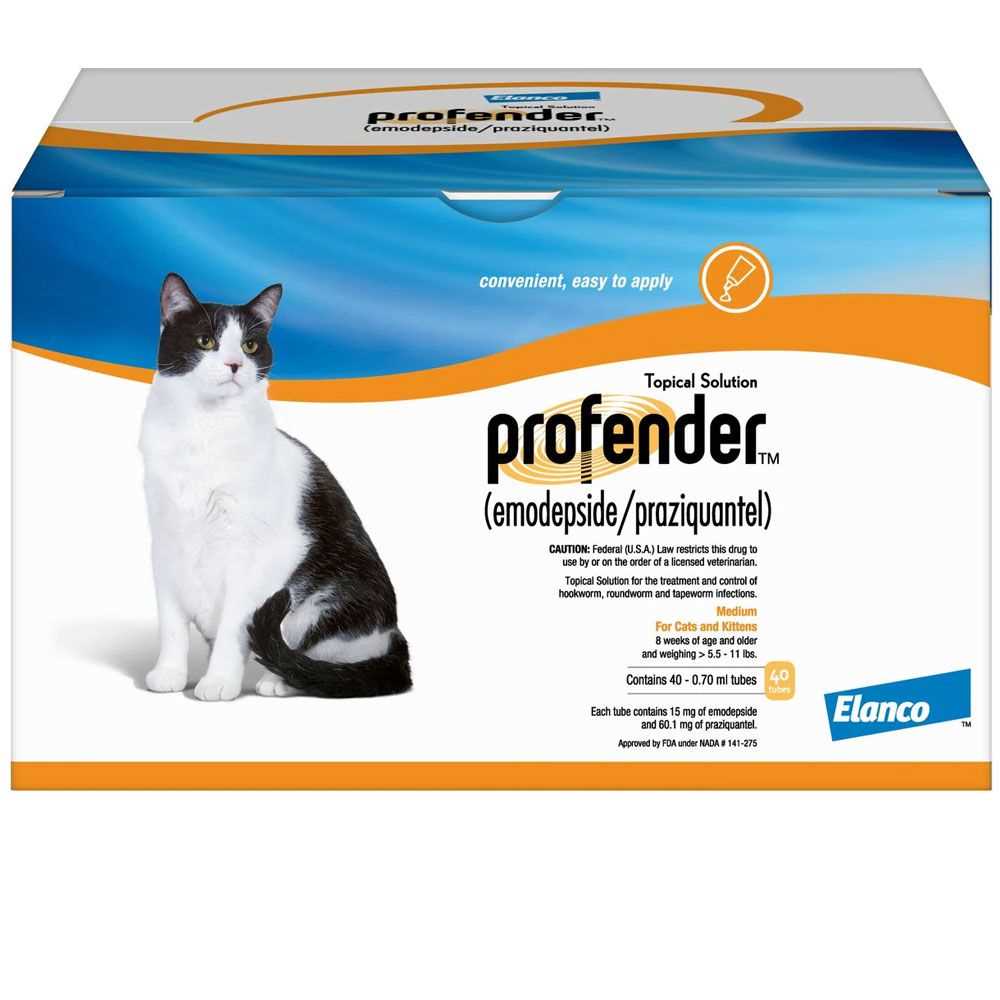For immediate relief from those unwelcome guests in the gut, a visit to the vet is non-negotiable. A professional can prescribe a suitable dewormer specific to the type of parasite. Common medications include praziquantel and fenbendazole, which effectively eliminate these annoying intruders.
Regular check-ups play a key role in maintaining overall health. It’s wise to discuss preventive measures with a veterinarian, ensuring a safe environment free from sources of infection, such as fleas or untreated prey. Keeping a close eye on litter box habits can also provide insights into digestive health.
A nutritious diet supports a strong immune system, making it less likely for unwelcome guests to take hold. High-quality cat food enriched with vitamins and minerals boosts overall well-being. In addition, maintaining hydration is crucial, as it aids in digestion and absorption of nutrients.
Monitoring changes in behavior or appetite can offer early warnings of potential issues. If anything seems off, prompt action is necessary. Taking proactive steps can help maintain a happy, healthy lifestyle, free from the burden of intestinal invaders.
Identifying Symptoms of Intestinal Parasites in Felines
Weight loss despite a good appetite is a red flag. If food intake seems normal but the body condition declines, it could signal an infestation. Regular monitoring of body weight is crucial.
Look for segments resembling rice grains around the rear or in litter boxes. These segments are often visible and indicate the presence of these parasites. Observing this can be a clear sign of a problem.
Behavior changes, such as increased grooming of the rear end or excessive scratching, may indicate irritation or discomfort. Pay attention to any unusual behavior, as it can suggest health issues.
Other Signs to Watch For
Vomiting or diarrhea may occur, especially if the infestation is severe. These symptoms can sometimes be mistaken for other issues, so consider the overall context.
Changes in appetite, whether increased or decreased, should also not be overlooked. An uncharacteristic shift can indicate health concerns that require attention.
| Symptom | Description |
|---|---|
| Weight Loss | Normal appetite but visible loss of body mass. |
| Visible Segments | Small, rice-like bodies near the anus or in waste. |
| Grooming Behavior | Increased licking or scratching around the rear area. |
| Digestive Issues | Vomiting or diarrhea, particularly if persistent. |
| Appetite Changes | Noticeable increase or decrease in food consumption. |
Keeping a close eye on these signs can help ensure a quick response to any health concerns. Regular check-ups with a veterinarian are advisable to maintain well-being.
Consulting a Veterinarian for Diagnosis
Seeing a vet is a must if any signs of parasitic infection appear. A thorough examination helps in confirming the presence of these unwelcome guests. The vet may perform a fecal test to identify segments or eggs, crucial for accurate diagnosis.
Diagnostic Procedures
During the visit, the vet will review the pet’s health history and symptoms. Blood tests may also be recommended to check for anemia or other related issues. This data is vital for tailoring the right treatment plan.
Importance of Professional Guidance

Self-diagnosis can lead to ineffective remedies, making professional guidance critical. A veterinarian’s expertise ensures the right approach, minimizing risks and enhancing recovery chances. Trusting a professional not only addresses the current issue but also promotes overall well-being.
Choosing the Right Medication for Treatment
For eliminating those unwelcome guests, the choice of medication is paramount. Praziquantel is a common option, often recommended due to its effectiveness against several species. This medication works by disrupting the tapeworm’s skin, allowing the body to expel the parasites naturally.
Another alternative is Fenbendazole, known for its broad-spectrum capabilities. This option is usually administered over a few days, ensuring that all stages of the parasite are targeted. It’s crucial to follow the dosage instructions provided by a veterinarian to avoid any adverse effects.
Additionally, some products combine ingredients to tackle multiple types of internal parasites, which can be beneficial if other issues are suspected. Always consult a veterinary professional for the best choice based on individual health and lifestyle factors.
Monitoring after administration is vital. Keep an eye on any changes in behavior or gastrointestinal health, as these can indicate the need for further intervention or adjustments in treatment.
Administering Medication Safely to Your Cat
Always ensure a calm environment before giving any medication. Stress can make the process difficult for both of us. Here are specific steps to follow:
- Gather necessary supplies: pill pockets or treats, syringe for liquid medications, and a towel to wrap if needed.
- Check the dosage on the medication label. Miscalculating can lead to complications.
- For pills, gently hold my mouth open, place the pill as far back as possible, and close my mouth immediately. Follow with a small treat or water to encourage swallowing.
- If using liquid, fill the syringe without air bubbles, and place the tip in the side of my mouth, allowing me to swallow slowly. Avoid forcing it.
Monitor my reaction after administering the medication. Watch for any signs of distress or unusual behavior. If something seems off, contact a veterinarian immediately.
Consider investing in pet insurance for cats reddit. This can provide peace of mind while managing health issues.
Lastly, make medication time a positive experience with praise and affection. This helps build trust for future doses.
Preventing Future Tapeworm Infections

Regularly treating for fleas is key. Fleas are often the primary carriers of the eggs that lead to infestations. Using veterinarian-recommended flea control products monthly can significantly reduce the risk.
Maintaining a clean environment is equally important. Regular vacuuming and washing bedding can help eliminate any potential eggs or larvae. Also, keeping the litter box clean minimizes exposure to any contaminated feces.
Monitoring my diet ensures that I’m less likely to ingest anything harmful. Avoiding raw or undercooked meats, as well as hunting small rodents or wildlife, decreases the risk of exposure to parasites.
Frequent veterinary check-ups allow for early detection of any health issues. Regular fecal examinations can catch any signs of parasites before they become a bigger problem.
Encouraging a healthy lifestyle through exercise and proper nutrition supports my immune system, making it more difficult for parasites to take hold. A strong immune response is vital in keeping these unwanted visitors at bay.
Lastly, if any cleaning tasks arise, using equipment like a best power washer for low water pressure can help maintain a hygienic outdoor space, ensuring that any potential contaminants are washed away effectively.
Monitoring Your Cat’s Health Post-Treatment
Keep a close eye on energy levels. After treatment, it’s common for an individual to regain strength gradually. If sluggishness persists beyond a few days, consult a vet.
Observe eating habits. A sudden increase in appetite is expected, but if there’s a noticeable decline or refusal to eat, this warrants attention from a veterinary professional.
Check for any unusual behaviors. Changes in litter box habits, such as diarrhea or constipation, should be monitored. Persistent gastrointestinal issues may indicate a need for further evaluation.
Look for signs of weight loss or gain. Fluctuations can signal underlying issues. Weigh regularly to track any significant changes. If there’s concern, a vet visit is advisable.
Monitor the coat condition. A healthy fur coat should be shiny and free from excessive shedding. Dullness or bald patches can indicate health problems that require professional assessment.
Keep track of any recurring symptoms. If signs of infestation reappear, document them and reach out to a veterinarian for guidance on next steps.
Maintain a regular check-up schedule. Routine visits help ensure ongoing health and can catch potential issues before they escalate.






